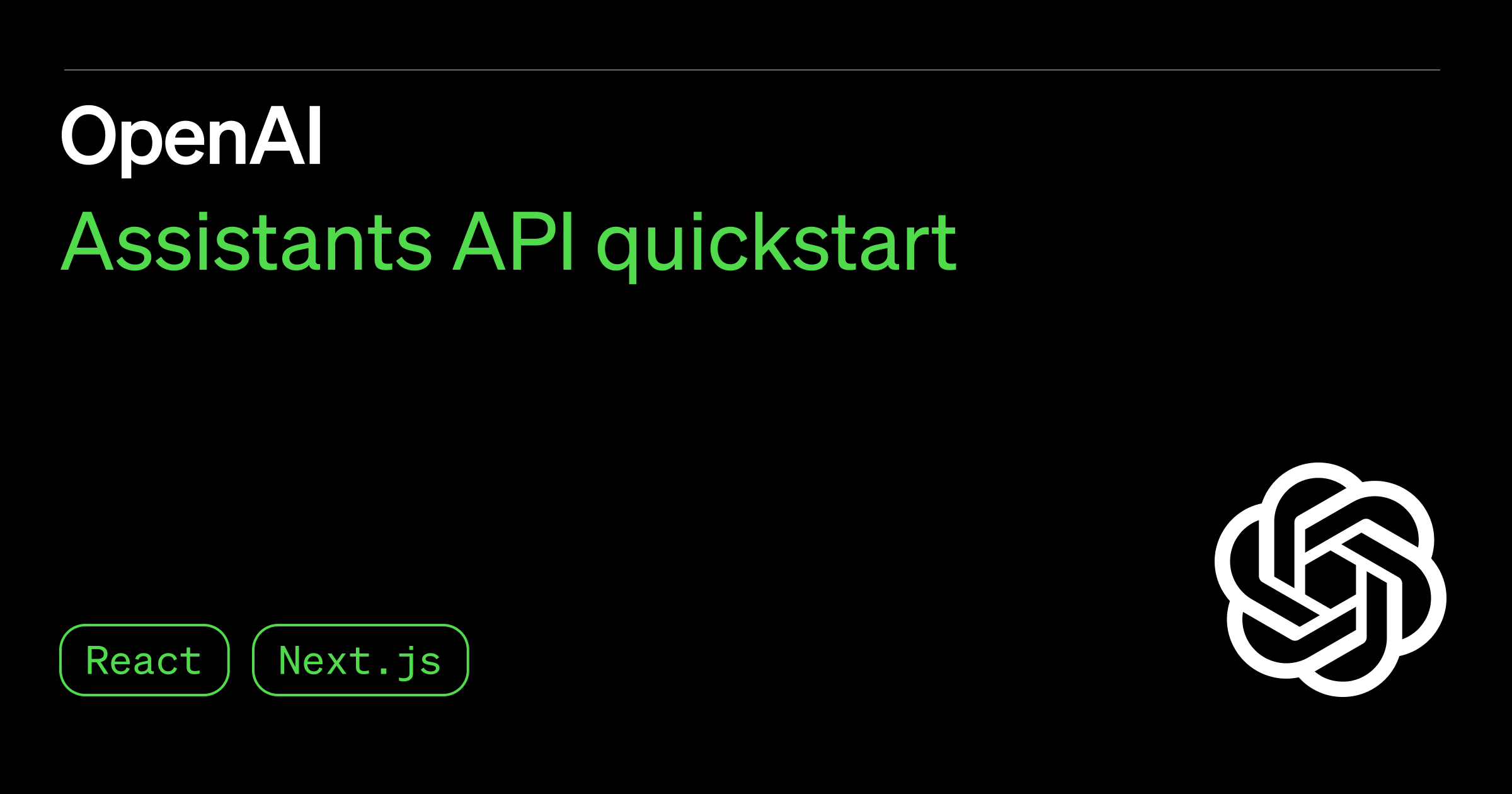OpenAI's ChatGPT Under FTC Scrutiny: A Deep Dive

Table of Contents
The FTC's Investigation: What We Know
The FTC's investigation into OpenAI and its flagship product, ChatGPT, is shrouded in some secrecy, but several key concerns have emerged publicly. The inquiry focuses on potential violations of consumer protection laws, driven by anxieties surrounding the ethical and legal ramifications of AI's widespread adoption.
-
Data Privacy Violations: A major concern centers on how ChatGPT collects, uses, and protects user data. The training data used to build ChatGPT is vast, potentially including sensitive personal information scraped from the internet without explicit consent. This raises questions about whether OpenAI has complied with data privacy regulations such as GDPR and CCPA.
-
Misinformation and the Spread of False Narratives: ChatGPT's ability to generate human-quality text has raised concerns about its potential to create and disseminate misinformation. The chatbot can produce convincingly fake news articles, reviews, and other content, potentially harming individuals and society as a whole. The lack of fact-checking mechanisms within the system exacerbates this risk.
-
Potential for Bias and Discrimination: AI models learn from the data they are trained on, and if that data reflects existing societal biases, the AI will perpetuate and even amplify those biases. This is a significant concern with ChatGPT, as biased outputs can lead to discriminatory outcomes in various applications.
-
Lack of Transparency Regarding Data Collection and Usage Practices: OpenAI's data collection and usage practices have been criticized for lacking transparency. Users aren't always fully aware of how their data is being used to train and improve the model. This lack of transparency makes it difficult for users to understand and exercise their rights regarding their data.
ChatGPT's Data Practices and Potential Risks
ChatGPT's data practices are complex and raise several ethical and legal questions. The model is trained on a massive dataset scraped from the internet, including books, articles, code, and conversations.
-
Training Data Sources: This vast dataset inevitably contains biased or sensitive information, which can be reflected in ChatGPT's outputs. The lack of control over the source material poses significant risks.
-
Data Retention Policies and Security: OpenAI has outlined data retention policies, but the specific details regarding the security measures implemented to protect user data remain unclear. The potential for data breaches, leading to the exposure of sensitive personal information, is a considerable risk.
-
Data Scraping Implications: The practice of "data scraping," where data is collected from the internet without explicit consent, is central to ChatGPT's training. The legality and ethical implications of this practice remain a subject of intense debate.
The Broader Implications for AI Regulation
The FTC's investigation into OpenAI's ChatGPT has far-reaching implications for the future of AI regulation. It highlights the urgent need for clear guidelines and regulations governing the development and deployment of powerful AI technologies.
-
The Need for Clear Guidelines: The lack of comprehensive regulations specifically addressing AI poses significant risks. Clear guidelines are necessary to ensure responsible AI development and mitigate potential harms.
-
Impact on Innovation: While regulations are needed, it's crucial to ensure they don't stifle innovation. A balanced approach is needed to promote responsible AI development while fostering continued progress in the field.
-
Government Oversight: Government agencies like the FTC play a critical role in overseeing the ethical use of AI. Their investigations and enforcement actions are crucial for establishing accountability and promoting responsible AI practices.
-
International Collaboration: The global nature of AI necessitates international collaboration on regulation. Harmonizing standards and regulations across countries is crucial to prevent regulatory arbitrage and ensure effective oversight.
Comparing ChatGPT to other AI Models under Scrutiny
ChatGPT isn't the only AI model facing scrutiny. Other large language models (LLMs) and AI systems have also come under fire for similar concerns regarding bias, misinformation, and data privacy. The FTC's investigation sets a precedent that may influence how other AI companies are regulated.
Conclusion
The FTC's investigation into OpenAI's ChatGPT underscores the critical need for responsible AI development and deployment. The concerns regarding data privacy, misinformation, and bias are not unique to ChatGPT; they represent systemic challenges facing the entire AI industry. The outcome of this investigation will significantly impact the future of AI regulation and shape the way AI companies operate. Stay updated on OpenAI's ChatGPT FTC scrutiny to understand the evolving landscape of AI ethics and regulation. Follow the developments in OpenAI's ChatGPT and FTC actions to ensure responsible AI practices are adopted. Learn more about the implications of OpenAI's ChatGPT under FTC scrutiny and advocate for responsible AI governance.

Featured Posts
-
 Stagecoach 2025 A Guide To The Country Pop And Desert Experiences
Apr 25, 2025
Stagecoach 2025 A Guide To The Country Pop And Desert Experiences
Apr 25, 2025 -
 Open Ai Unveils Streamlined Voice Assistant Development Tools
Apr 25, 2025
Open Ai Unveils Streamlined Voice Assistant Development Tools
Apr 25, 2025 -
 Toxic Chemicals From Ohio Train Derailment Months Long Building Contamination
Apr 25, 2025
Toxic Chemicals From Ohio Train Derailment Months Long Building Contamination
Apr 25, 2025 -
 Selling Sunset Star Exposes Landlord Price Gouging After La Fires
Apr 25, 2025
Selling Sunset Star Exposes Landlord Price Gouging After La Fires
Apr 25, 2025 -
 Montana Senate Control Dems And Gop Coalition Dynamics
Apr 25, 2025
Montana Senate Control Dems And Gop Coalition Dynamics
Apr 25, 2025
Latest Posts
-
 Netiketa Tiesa X Failu Filmavimo Aiksteles Ivykiai
Apr 30, 2025
Netiketa Tiesa X Failu Filmavimo Aiksteles Ivykiai
Apr 30, 2025 -
 Irishman Makes Eurovision History Winning With An Armenian Song
Apr 30, 2025
Irishman Makes Eurovision History Winning With An Armenian Song
Apr 30, 2025 -
 Tiesa Apie X Failus Aktoriu Patirtys Uz Ekrano
Apr 30, 2025
Tiesa Apie X Failus Aktoriu Patirtys Uz Ekrano
Apr 30, 2025 -
 Ben Affleck And Gillian Anderson Film Dramatic Shootout Scene
Apr 30, 2025
Ben Affleck And Gillian Anderson Film Dramatic Shootout Scene
Apr 30, 2025 -
 Historic Eurovision Moment Irish Singers Armenian Performance
Apr 30, 2025
Historic Eurovision Moment Irish Singers Armenian Performance
Apr 30, 2025
